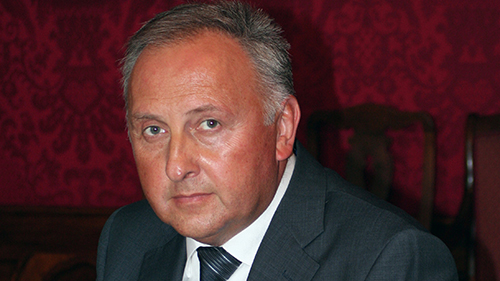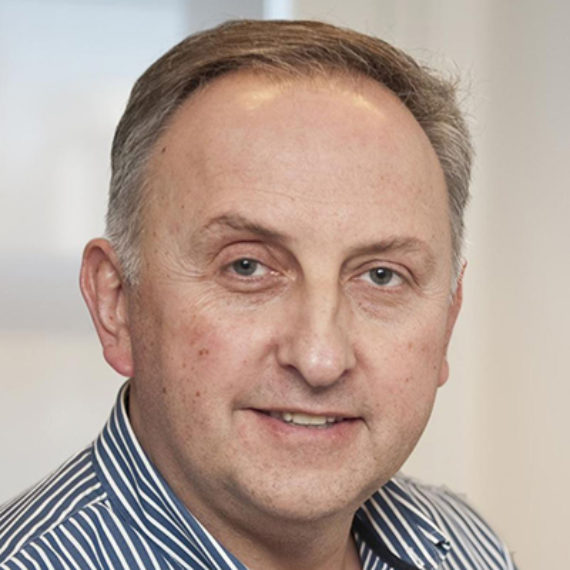Stimulating Local Innovation on Sanitation for the Urban Poor in Sub-Saharan Africa and South-East Asia (SaniUP project)
The 8-year project (2011-2019), financed by a grant from the Bill & Melinda Gates Foundation, is led by IHE Delft and executed in cooperation with eight partner universities and academic institutes from sub-Saharan Africa, South-East Asia and South America.
Reflection of the Project Director
Project Director, Prof. Damir Brdjanovic, reflects on the project and its achievements.
 Components
Components
The project contains six major components: (i) the post-doctoral program, (ii) the doctoral program with scholarships; (iii) Masters education with scholarships; (iv) new online courses; (v) the new Graduate Professional Diploma Program and scholarships; and (vi) online programs and scholarships, and there are more than 700 individual beneficiaries.
Research themes
The research part of the project is clustered around five thematic areas on pro-urban poor sanitation, namely: (i) smart sanitation provision for slums and informal settlements; (ii) emergency sanitation following natural and anthropologic disasters; (iii) resource-oriented decentralized sanitation; (iv) low-cost wastewater collection and treatment; and (v) faecal sludge management.
Outputs
Outputs of the project are: 25 competent researchers and 20 PhD degrees and theses, up to 60 educated professionals and 60 MSc degrees and theses, 50 scientific papers, a number of experimental lab- and/or pilot-scale setups, upgraded partners’ laboratories, patentable and practical research findings, the establishment of ‘The Best Pro-Poor Sanitation MSc Thesis Award’, development of 2 new online courses, new textbooks published, establishment of the new Graduate Professional Diploma Program in Sanitation and Sanitary Engineering, 25 trained professionals and 25 Professional diplomas, and at least 600 sanitation professionals trained through various online courses.
Outcomes
Outcomes of the project can be summarized as: (i) research capacity and facilities of partner institutions enhanced; (ii) international academic network on pro-poor sanitation established; (iii) practical applications of innovation on sanitation for the urban poor in place; (iv) proposal for the business spin-offs developed; (v) human resources capacity increased in the sanitation sector; and (vi) increased access of professionals from developing countries to education and training.
Finally, the project sparked the creation of the Global Sanitation Learning Alliance and Global Partnership of Laboratories for Faecal Sludge Analysis, both facilitated by IHE Delft and supported by the Bill & Melinda Gates Foundation.
